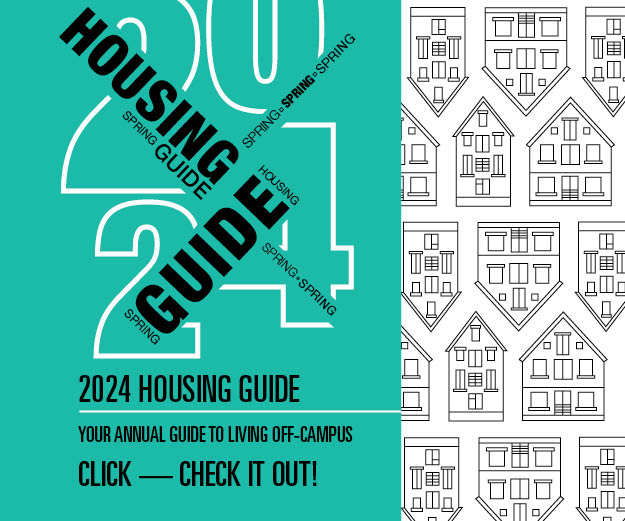Tragic news headlines often come with tragic reactions, especially in the age of social media. People can easily voice their concern with the wording a journalist uses, or the subject matter covered.
A person who is not trained as a journalist may fail to see why certain words are being used. Often times, news outlets are simply trying to obey the law, not put out fake news.
The most recent instance I saw was an article about a preteen girl “allegedly” being tied to the chair. This article had a photo of the girl duct taped to a chair right above the headline. Due to this, many people were failing to see how she was “allegedly” tied to a chair. The picture obviously showed she was.
One may think that a news outlet saying something happened allegedly is disrespectful towards victims of crimes. In the legal world, however, words like “allegedly” have strict definitions that often stray from our common vernacular.
According to the Columbia Journalism Review, there is a difference between being a suspect and a person allegedly taking part in a crime.
“Suspected” means “viewed with suspicion,” while “alleged” means “so declared, but without proof or legal conviction.”
In other words, calling someone “an alleged thief” is about as close as you can legally get to saying “we know you did it” without any proof.
Don’t think the terms “allege” and “allegedly” are meant to protect criminals. While they may do so in some ways, they often protect victims from civil slander cases. Your wording can make all the difference in a court of law, and journalists should know that better than anyone.
While it is important to get all the facts out there about an alleged crime, journalists must also remain objective. By remaining neutral, journalists hope to ensure innocent people are not slandered. But for many news outlets, the use of such terms are not necessarily out of their shining morality. Most just want to avoid a costly libel or slander case.
The everyday person can go around accusing people of things, but things that we never dreaming of having records on are being stored away today. It’s becoming more and more important to watch what you say, not just journalists.
Just know that when someone says allegedly, they aren’t belittling victims. They’re simply following U.S. legal practices that have been in place for tens of decades.

















